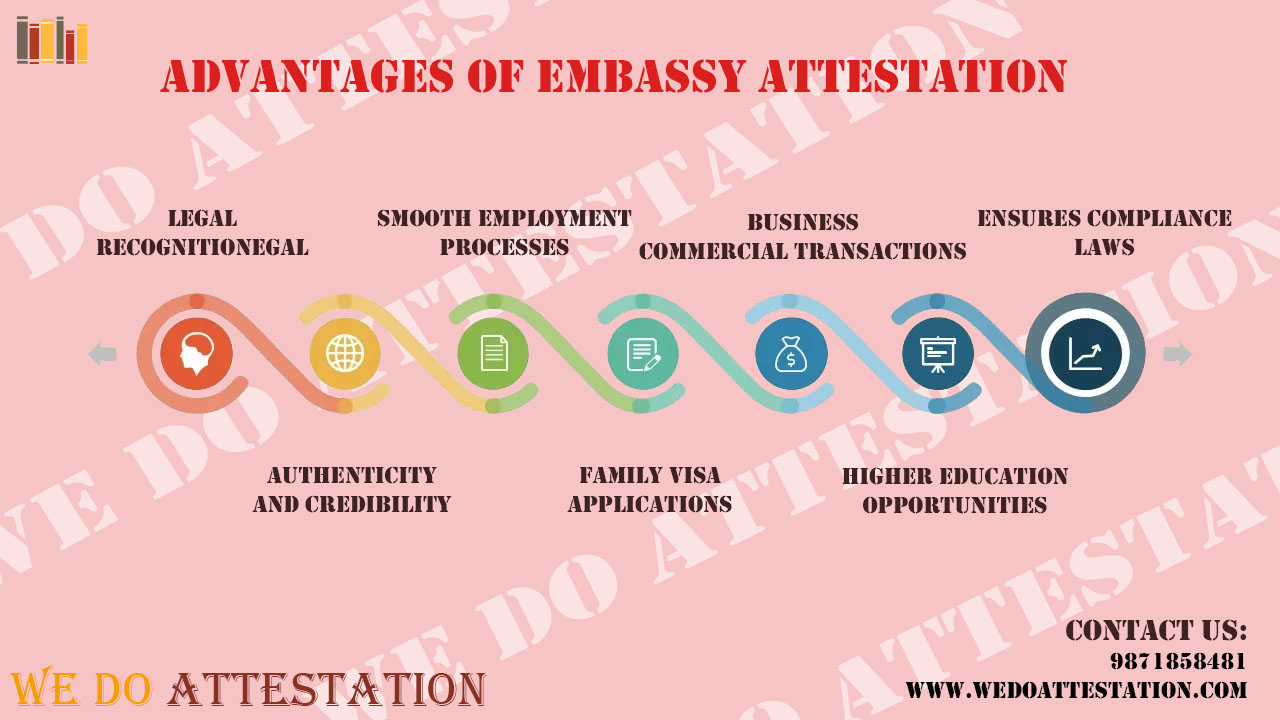If you're planning to work, study, or move to Saudi Arabia, there's a good chance you've come across the term Saudi Embassy Apostille. Now, if that sounds a bit technical or confusing—don’t worry. You're not alone. In simple terms, it’s a vital stamp of authenticity that confirms your documents are legally valid for use in Saudi Arabia.
Whether it is your degree certificate, marriage proof, or berth certificate, getting the right ingredients is the first step for a trouble-free international journey.
What is Saudi Apostille, Exactly?
A Saudi Apostille is an official sticker or stamp issued by the Ministry of External Affairs (MEA), confirming that your Indian documents are genuine and recognized by the Kingdom of Saudi Arabia.
But here’s the catch—Saudi Arabia isn’t part of the Hague Convention, which means it doesn't accept a standard apostille. Instead, you’ll need a Saudi Embassy Apostille, followed by embassy attestation.
This two-step process often confuses people, but with the right guidance, it can be smooth and straightforward.
Why Do You Need a Saudi Apostille?
Whether you're heading to Saudi for employment, education, business, or family matters, your documents must be verified through a formal process. Here’s where Barcode Apostille for Saudi and embassy attestation come into play.
Without these verifications:
- Employers in Saudi might reject your job offer.
- Universities won’t accept your academic credentials.
- Family visas or medical treatment plans could get delayed.
Think of apostille and attestation as your document’s passport—without it, your papers simply won’t make the cut.
How Does the Saudi Apostille Process Work in India?
The process can feel like a maze—especially with varying requirements for educational, personal, and commercial documents. Here's a basic breakdown:
State Authentication: The document first gets verified at the state level (HRD, SDM, or Home Department depending on the type).
Online E-Sanad Apostille with Barcode for Saudi: Once verified, the MEA issues an e-apostille. This digital format with a scannable barcode is becoming the norm.
Saudi Embassy Apostille: After the MEA step, the document is submitted to the Saudi Embassy or Consulate for the final attestation.
Many people now prefer the Online Apostille for Saudi method, especially with the MEA’s E-Sanad portal. It’s quicker, secure, and trackable. The Saudi Barcode Online Apostille option also helps reduce physical paperwork.
Which Documents Typically Need a Saudi Apostille?
Here are some common documents that require apostille and embassy attestation:
Educational: Degree, Diploma, HSC, SSC
Personal: Birth, Marriage, Police Clearance Certificate (PCC)
Commercial: Power of Attorney, Invoices, Company agreements
Every case is unique, though. That’s why it's smart to get in touch with experts who can guide you based on your specific requirements.
When Should You Start the Process?
Ideally, you should start the apostille process at least 4–6 weeks before your travel or submission deadline. Some documents take longer due to state verification or embassy backlog, especially during peak seasons like job-hiring months or academic admissions.
Pro tip: Don’t wait for your employer or university to remind you. Get ahead of the paperwork to avoid last-minute stress.
Need Help With Apostille and Attestation?
Let’s face it—navigating government portals, couriering sensitive documents, and understanding embassy requirements isn’t everyone’s cup of tea. That’s where professional attestation services come in.
At Wedoattestation, we handle the heavy lifting—from document pickup and online submission to tracking and embassy follow-ups. With years of experience, especially in Saudi Apostille, we make sure your documents are verified, accepted, and delivered on time.
Let’s Get Your Saudi Journey Started
Whether you're an aspiring professional, a student chasing dreams, or someone reuniting with family—your documents deserve expert care.

